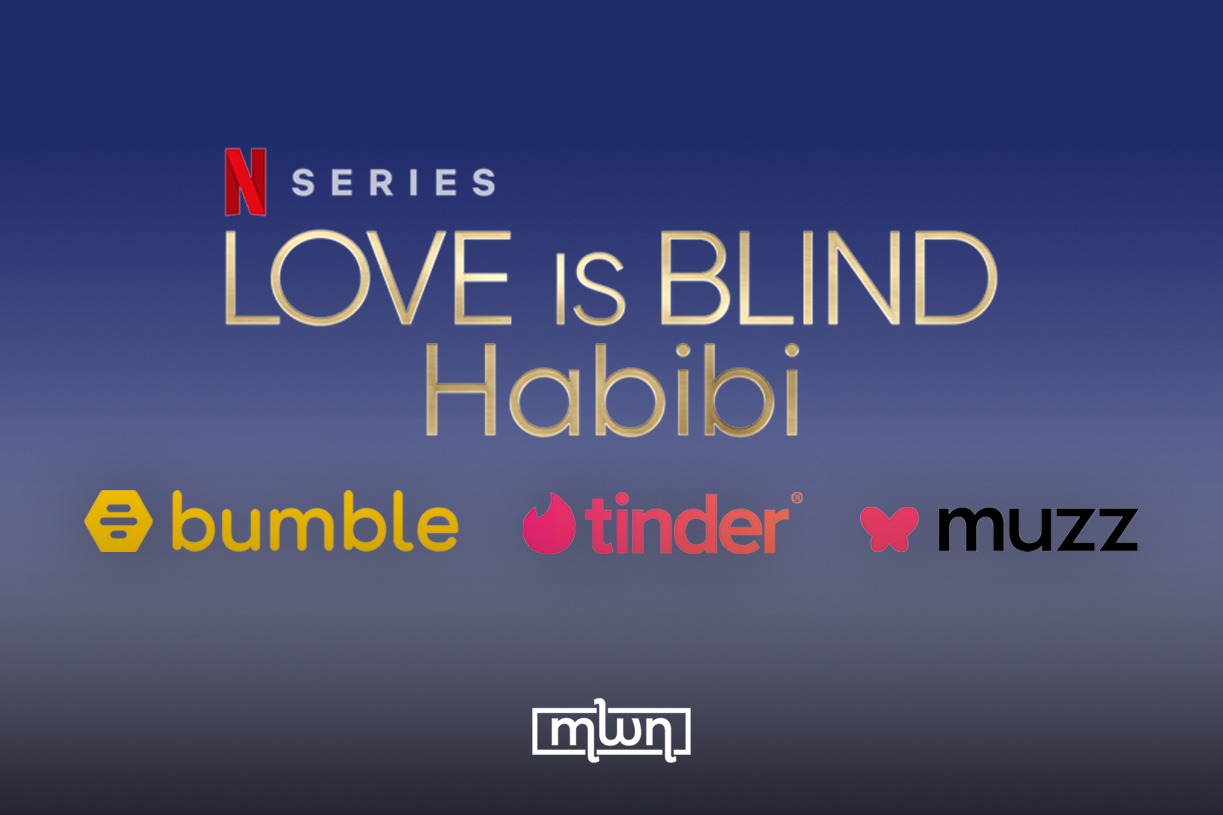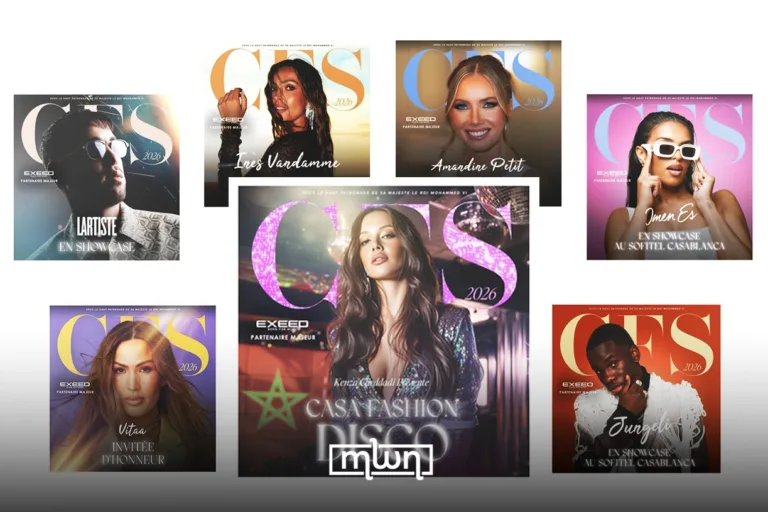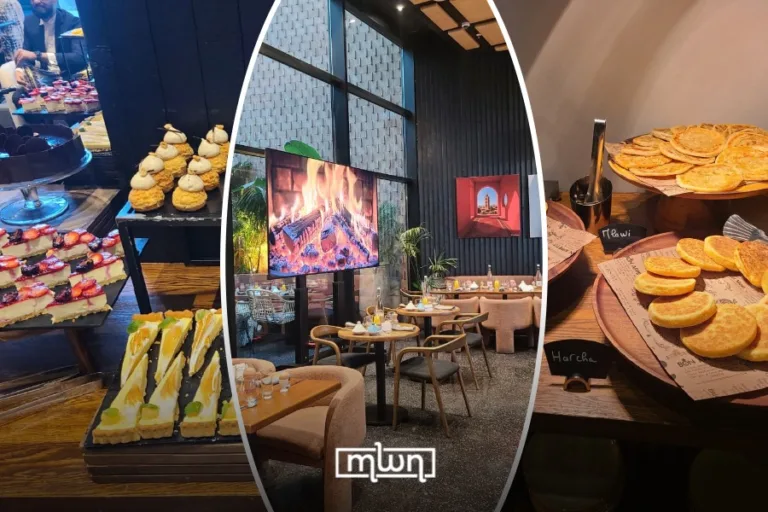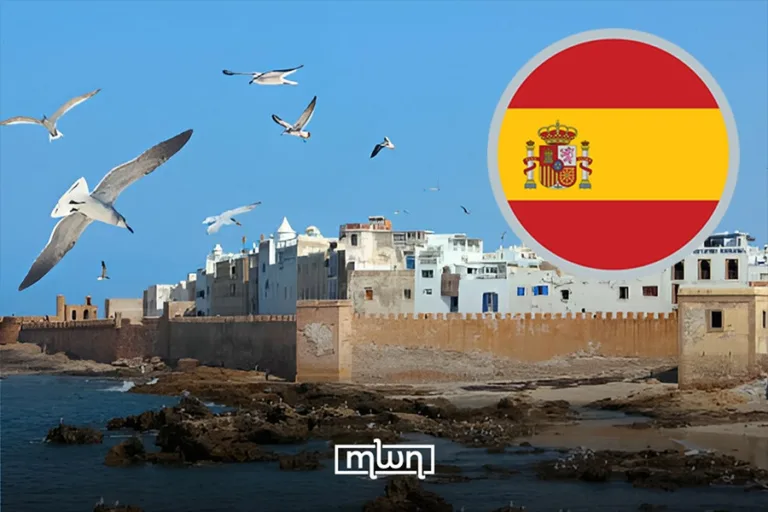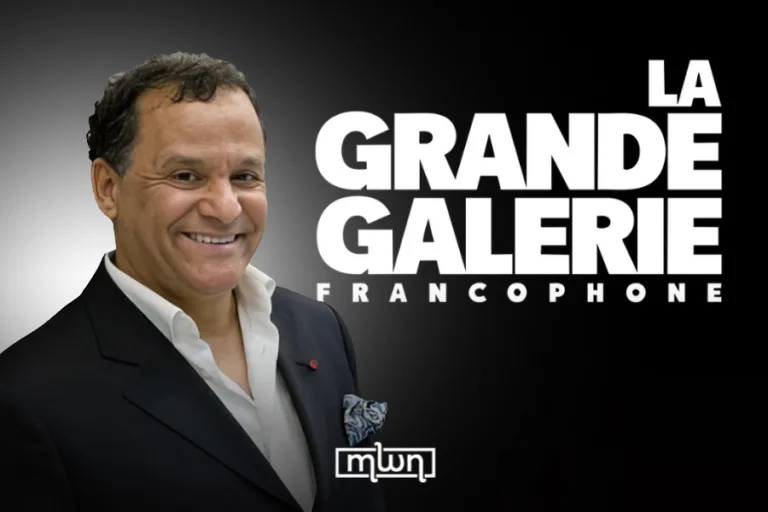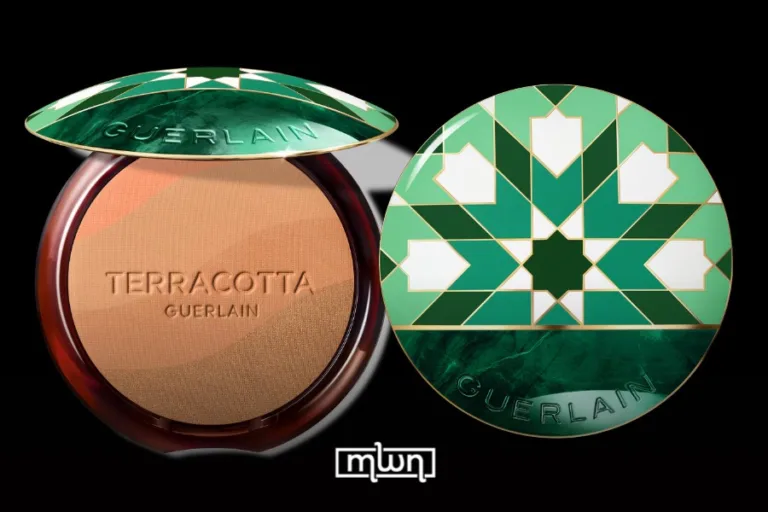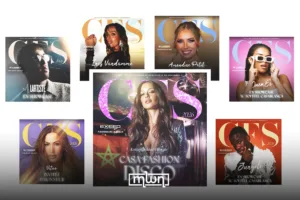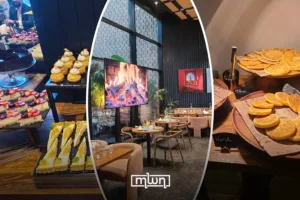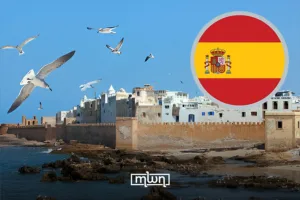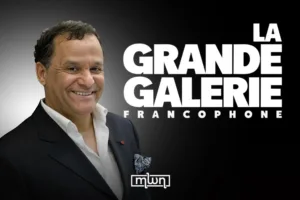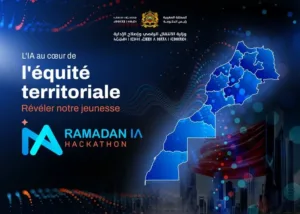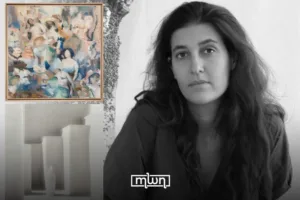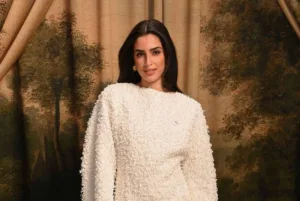As dating apps and reality shows redefine relationships in the Arab world, they challenge deep-seated traditions, revealing a cultural crossroads where modern aspirations clash with timeless values.
Fez – The proliferation of digital dating platforms and programs in the Arab world in recent years reveals a significant shift in social attitudes to experience and expression of love.
Popular shows like “Love is Blind Habibi,” “Qesma w Naseeb,” and Morocco’s “Kawaliss” have been pushing private affairs out in the open, stirring many discussions of love, mating compatibility, and the dynamics of modern relationships.
There is no doubt that apps like Tinder ,Bumble , and Muzz are revolutionizing the way people connect in the MENA region. Yet while these trends do signal some kind of progress, they also mask the underlying tensions within Arab-Muslim societies.
Why the Rise?
The widespread adoption of the internet and smartphones has introduced new digital avenues for personal expression and interaction, reshaping how people connect and form relationships. Changing social norms driven by urbanization, a growing youth population, and exposure to global media have led younger generations to challenge traditional matchmaking processes.
Media influences, such as shows like “Qesma w Naseeb,” spark debates on cultural norms within the Arab world, offering a platform for discussing these issues while adapting to local sensitivities. This fusion of technology, changing demographics, and media impact has transformed dating and relationships, leading to a shift in both personal and societal dynamics.
Sociological tensions
The rise of the digital dating platforms raises a number of salient questions regarding cultural identity and social boundaries. Many Arab societies exist in a context that allows, and even encourages, family involvement in relationships. These tools allow for individual agency that bypasses traditional norms and sometimes are accused of cultural erosion and moral decay.
Apps such as Tinder, meant for casual relationships, therefore contradict the Islamic way of life to be able to conduct private affairs by intending marriage. For example, programs such as Kawaliss air personal difficulties in people’s relationships within public realms and spark controversy among the many discussions regarding the nature and character of acceptable public conversations.
Redlines and controversies
The rise of dating apps and shows has sparked concerns about the erosion of traditional family values. Critics argue that these platforms undermine the role of family in matchmaking, shifting the focus towards individual choice and convenience.
Additionally, these digital platforms often tread into topics that are considered taboo within many Arab cultures, leading to societal backlash against the perceived “Westernization” of societal norms.
This divide is particularly pronounced across generations; while younger audiences are more likely to embrace these changes, older generations tend to view them as a direct challenge to deeply held cultural values.
Finding Balance
The rise of culturally niche platforms such as Muzz indicates a possible meeting point. These apps offer services to Muslims looking for faith-based matches, balancing the likes of Tinder. Equally, initiatives like Love is Blind Habibi infuse traditional matchmaking aspects into their modern designs.
This digital evolution of dating reflects broader changes in the Arab world, which force communities to reconsider the intersection of tradition, technology, and modern relationships. While the road to balance is fraught with challenges, it also opens the door for meaningful dialogue and innovation.
Read more: ‘Love is Blind’ Heads to Morocco For its French Debut

